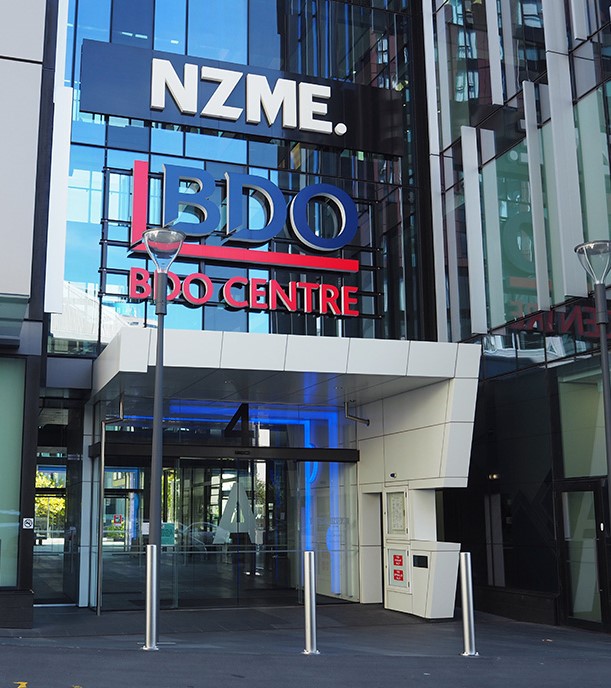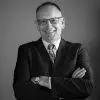Today’s move by NZME to try to bully the government into urgently legislating to allow its rejected merger with Stuff may just work.
That‘s because NZME and Stuff’s owner, Australian Nine Entertainment, are threatening a far larger, more politically damaging version of the early April closure of Bauer Media in New Zealand.
Remember how rattled Prime Minister Jacinda Ardern was by that?
She laid into the German owner of The New Zealand Listener, Metro, North & South, the New Zealand Woman’s Weekly, among other titles, for failing to take the wage subsidy, apparently suggesting they’d have been better to trade on with free money from the taxpayer and close a few weeks later.
That was almost as naïve as the widespread criticism of the government for turning down a chance to buy all the Bauer magazines for $1.
That was never going to happen.
$1 deals
Quite apart from not wanting to become a magazine publisher, the government could not afford to be seen willing to buy out a business in distress at the start of the covid-19 lockdown.
Imagine the pressure it would have faced to take up any number of other ‘amazing deals’ in other sectors.
This time, there is another $1 deal on the table but it would be NZME’s dollar rather than the Crown’s.
All the government would have to do, said NZME, was legislate to overturn the Commerce Commission’s decision, first made in 2017 and upheld all the way to the Court of Appeal, to disallow the merger.
NZME appears to be gambling on the public seeing a $1 deal to save about half the newspapers in the country as a no-brainer and the government having no option but to agree or wear massive political flak. Journalists may not be a popular bunch but their loss would be deeply felt in communities across New Zealand.
Nine’s May 31 deadline
The other card in NZME’s hand is the fact that the government must decide soon – even this week perhaps, despite having a Budget to deliver on Thursday and despite the decisions and preparation for covid-19 alert level changes.
That’s because Nine is ready to close Stuff down by May 31.
It hasn’t said that publicly but BusinessDesk reliably understands that Nine has delivered that stark message to government ministers and officials.
Since buying the Stuff assets from Fairfax Media in mid-2018, Nine has failed to find a buyer for its orphan New Zealand assets, which remained profitable before covid-19 but had been in steep decline for years.
The impact of covid on media revenues – particularly the disappearance of advertising – has accelerated the necessity, as well as creating acceptable conditions, for making brutal decisions quickly.
Pre-election media carnage
If Stuff were to close or were perhaps placed in receivership or liquidation next month, that could be the end not only for the country’s most-trafficked news website, but also a string of regional newspaper titles that are household names.
They include: Wellington’s Dominion Post, Christchurch’s The Press, Hamilton’s Waikato Times, the Taranaki Daily News, the Timaru Herald, the Southland Times, and the Nelson Mail.
That’s just a sampling of the carnage that would ensue.
Hundreds, if not thousands, of journalists and the army of people who work with them would be out of a job.
Reason to be spooked
Barely four months out from a general election, it would hardly be surprising if the government were spooked by that prospect.
So, NZME is calling the government’s bluff.
The Budget, four days away, is supposed to include a second package of assistance for news media on top of last month’s $50 million emergency ‘triage,’ which delivered very little for the legacy newspaper publishing groups.
Announcing that package, ministers made it clear they were not interested in propping up media with failing business models. Like elderly sufferers from covid-19, their "pre-existing conditions" already put them at greater risk of demise, Finance Minister Grant Robertson said.
Perhaps recognising that, the publisher of the New Zealand Herald is trying to turn the tables in a last-ditch effort that it appears Stuff, and perhaps Nine, were unaware of before NZME announced its ultimatum to the NZX this morning.
That ultimatum doesn't just heap pressure on ministers but also on Stuff itself. If Stuff is seen to be failing, and NZME is the only saviour, its remaining advertisers will abandon it unless the NZME lifeline succeeds.
High-stakes poker
Public examples of such high-stakes brinksmanship are rare in New Zealand, outside the almost ritual process by which Rio Tinto threatens to close the Tiwai Point aluminium smelter whenever it wants to renegotiate its electricity price.
However, Rio isn’t bluffing this time about the smelter, and Nine is almost certainly not bluffing about Stuff.
In response to NZME's statement, the broadcaster said it had been in recent discussions with NZME, which had ended without a deal.
But those talks could be back on again as quick-as-a-wink if the government buckles and gives NZME and Stuff the regulatory relief they need to be allowed to merge.
The commission and the courts agreed that letting the country’s two biggest news producers merge would be bad for ‘media plurality’. It would reduce the variety of journalistic voices and outlets essential to the role of healthy media in underpinning a healthy democracy, they found.
Both NZME and Stuff warned such an approach could see one or both companies fail, with an even more devastating impact on media plurality than the merger.
NZME’s bold play today seeks to crystallise that issue within a tight timeframe.
If successful, it will entrench current, dominant methods of news coverage and get another three or four years to see if they can transform atrophying newspaper businesses into an enterprise capable of surviving in a rapidly approaching post-newspaper world.
But first, it needs the government to blink.














